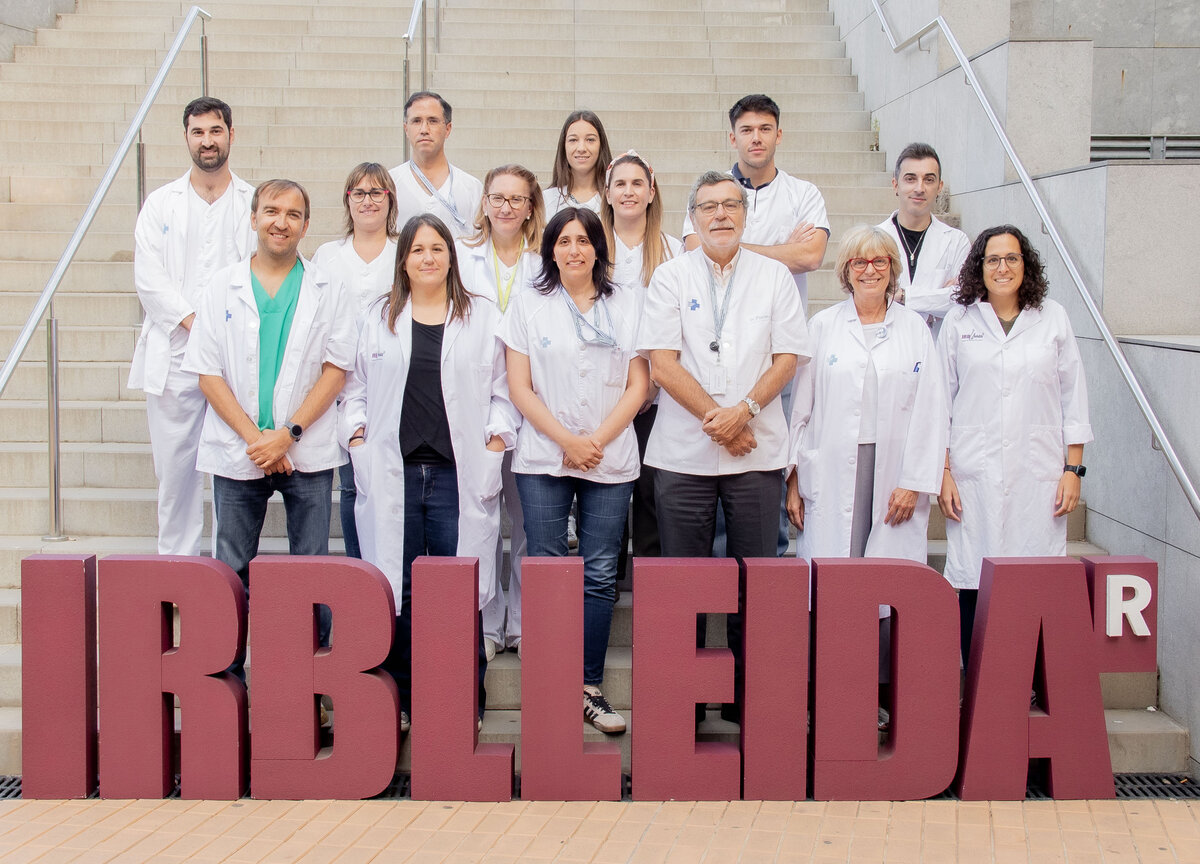Oncological pathology

The group's research activity focuses on the following priority lines of research:
Endometrial cancer
- Implementation of the "OMIC" techniques for the identification of new diagnostic, prognostic or predictive markers of response to specific therapies in endometrial cancer.
- Understand the immunological characteristics of endometrial carcinoma by evaluating the inflammatory microenvironment of different types of endometrial tumors and their recurrences. To propose clinical trials in endometrial cancer subtypes.
- Analysis of the anti-tumor responses of antineoplastic drugs, through the use of in vitro cultures in two and three dimensions. Study of the mechanisms involved in resistance to apoptosis and conventional therapies in endometrial cancer.
- Generation of new animal models (CAG-Cre: ER; PTENfl/fl; ARID1Afl/fl, TP53...), to check drug responses in invasion and metastasis processes.
- Updating the pathological analysis of endometrial cancer to improve the prediction of the prognosis and the response to therapy; transfer of new molecular information to clinical practice. Incorporation of molecular classification, based on TCGA.
Melanoma cancer
- Secretome study and its implication in tumoral progression, cellular behaviour and genetic phenotype.
- Investigate the modulation of the tumor microenvironment immune system, especially macrophage activation (TAMs), related to mutational phenotype and/or the acquisition of Resistance.
- Study and identification of new target therapies to promote personalized treatment in melanoma patients.
- Use of mice models to analyse new drugs and evaluate their therapeutic potential in preclinical models.
- Study of new biomarkers in biopsy of melanoma patients with different clinic-pathological stages to have a prognostic value or predictive response.






